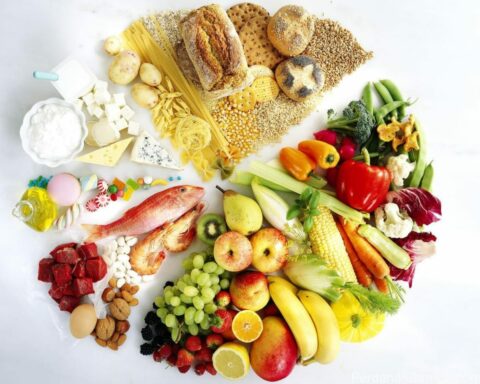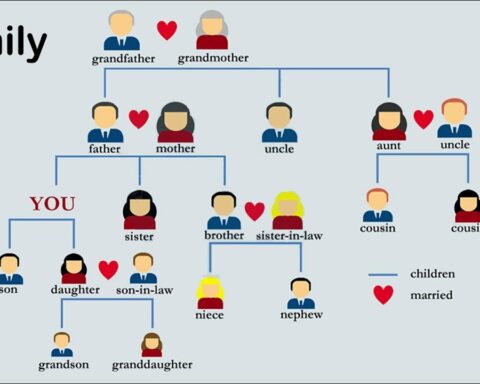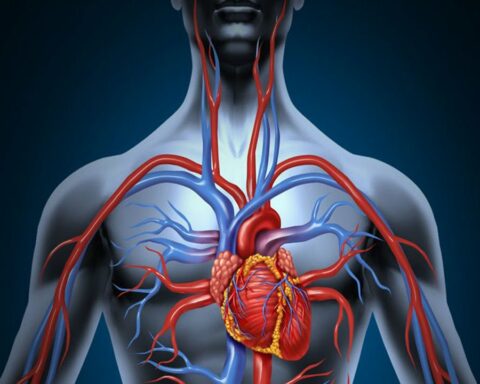The 5:2 diet (aka Fast Diet) is considered more of a lifestyle than a diet. It has gained popularity as a more sustainable diet than the normal complete fasting in the past few years. This intermittent fasting plan focuses on controlling not what you eat but when you eat it. You eat what you normally would eat on five days of the week without minding the calories. You drastically reduce your calorie intake to as low as 500-600 calories (25% of the normal calorie intake) on two non-consecutive days. There is no restriction on what to eat on the five days, but this does not mean you can go binging on snacks.
Benefits of 5:2 diet
- This modified fasting is easier to sustain than total fasting because you neither change what you eat nor count calories.
- Following a 5:2 diet helps avoid some of the common side effects of total fasting, like experiencing dizzy spells, having headaches, dehydration, irritability, low concentration, lethargy, and constipation.
- 5:2 diet helps in improving brain and cognitive function for people with Alzheimer’s disease.
- The 5:2 diet lowers fat levels in the blood and reduces systolic blood pressure, reducing the risk of heart disease, stroke, and heart attack.
- Reducing a person’s overall calorie intake can significantly reduce their weight. A healthy weight prevents the multiplication of cancerous cells. Therefore, a Fast diet can reduce the risk of cancer or inhibit the spread of cancerous cells.
What can you eat on a 500 calorie fast day?
On a non-fasting day, the calorie consumption is about 2,000 calories. On fasting days, you limit yourself to 500 calories which are 25% of the normal calorie intake. The healthiest way to achieve this low-calorie intake is to eat small frequent meals throughout the day rather than limit yourself to one heavy meal on fasting days. For the 500 calories that are to be taken on fasting days, the following foods can be eaten:
- Natural yogurt
- Lots of green leafy vegetables
- Grilled fish
- Eggs
- Black or herbal tea
- Diet drinks
- Lean meat
- Legumes such as lentils and beans
- Soups, e.g., tomato, cauliflower
- Black coffee
- Green leafy vegetables
Weaknesses of the 5:2 diet
- This type of intermittent fasting may promote unhealthy food choices, given that you do not have a restriction on what you eat on the non-fasting days. You may find yourself gorging on snacks on the days you can eat without regard to nutritional value.
- The 5:2 diet is unsuitable for pregnant women as it may adversely affect the developing fetus because of missing out on the necessary nutrients.
- People with diabetes or under medication for certain illnesses may be adversely affected by using the 5:2 diet.
- Adolescents and young children should not follow the 5:2 diet. They may experience stunted growth and reduced energy due to a decrease in the Human Growth Hormone (HGH) and miss out on other nutrients necessary for proper growth and development.
- People on cancer treatment can miss out on important vitamins, protein, minerals, and necessary energy if they do the Fast diet, slowing down their response to treatment.
- It is unclear how sustainable this diet plan is in the long run. For example, once the desired weight is achieved, it is unclear whether one should stick to the diet and for how long.
Negative effects of 5:2 diet
Some negative effects of this modified fasting are similar to those experienced by people on total fasting. Some of the reported effects of the 5:2 diet include:
- Reduced carbohydrate intake may cause bad breath, a problem common to low-carb diets.
- On the fasting days, the person may feel low in energy and tired.
- A person on the Fast diet may experience poor concentration and loss of focus.
- Headaches may result from dehydration on the fasting days if a person does not take adequate water and get dehydrated.
- A fast diet may also cause dizziness and daytime sleepiness, especially at the beginning of the diet.
How to counter the negative effects of the 5:2 diet
- Take a lot of water, especially on fasting days, to keep your body hydrated and help curb headaches. Water also helps in weight loss and in boosting the body’s metabolism and digestion process.
- Eat food high in protein and fiber to make you feel full for longer. These types of food also suppress appetite, preventing you from eating on your non-fast days.
- Make it a habit to brush teeth frequently, including the tongue, and use mouthwash if necessary.
- Make sure your non-fast days are filled with nutritious options full of fiber and proteins instead of junk food to avoid feeling hungry often and suppress appetite.
- Ease into the fasting routine rather than going into the diet plan in full swing. You can do this by trying out some longer periods of no food before starting the Fast diet to help the body adjust to the new routine. For example, you can try having an eight-hour period in which you limit your food intake.
Who should not follow the 5:2 diet
The following groups of people should not follow the 5:2 diet, as it may adversely affect their health by depriving them of necessary nutrients:
- Pregnant women
- Adolescents
- Young children
- People with a history of eating disorders
- Nursing mothers
- People on medication
- People with diabetes
Take home
The 5:2 diet plan is more of a lifestyle than a diet plan. It involves eating normally for five days and reducing calories for two non-consecutive days. The 5:2 diet has been linked to weight loss, blood sugar management, and improving cognitive functions, among other benefits. Eating meals rich in protein and fiber keeps one satiated for longer and makes the diet easier to sustain. If you are dieting for weight loss, it is vital to couple this with a healthy lifestyle, adequate sleep, and appropriate exercise. If you are considering using the 5:2 diet plan, be sure to consult a doctor who knows your medical history for advice on how to go about it.
- Learn to Enjoy Self-care Routine - September 21, 2023
- Jonathan Aufray’s Story - July 29, 2023
- From Public Housing To Ivy League: The Inspiring Journey of Crystaltharrell.com and its Founder - June 7, 2023









